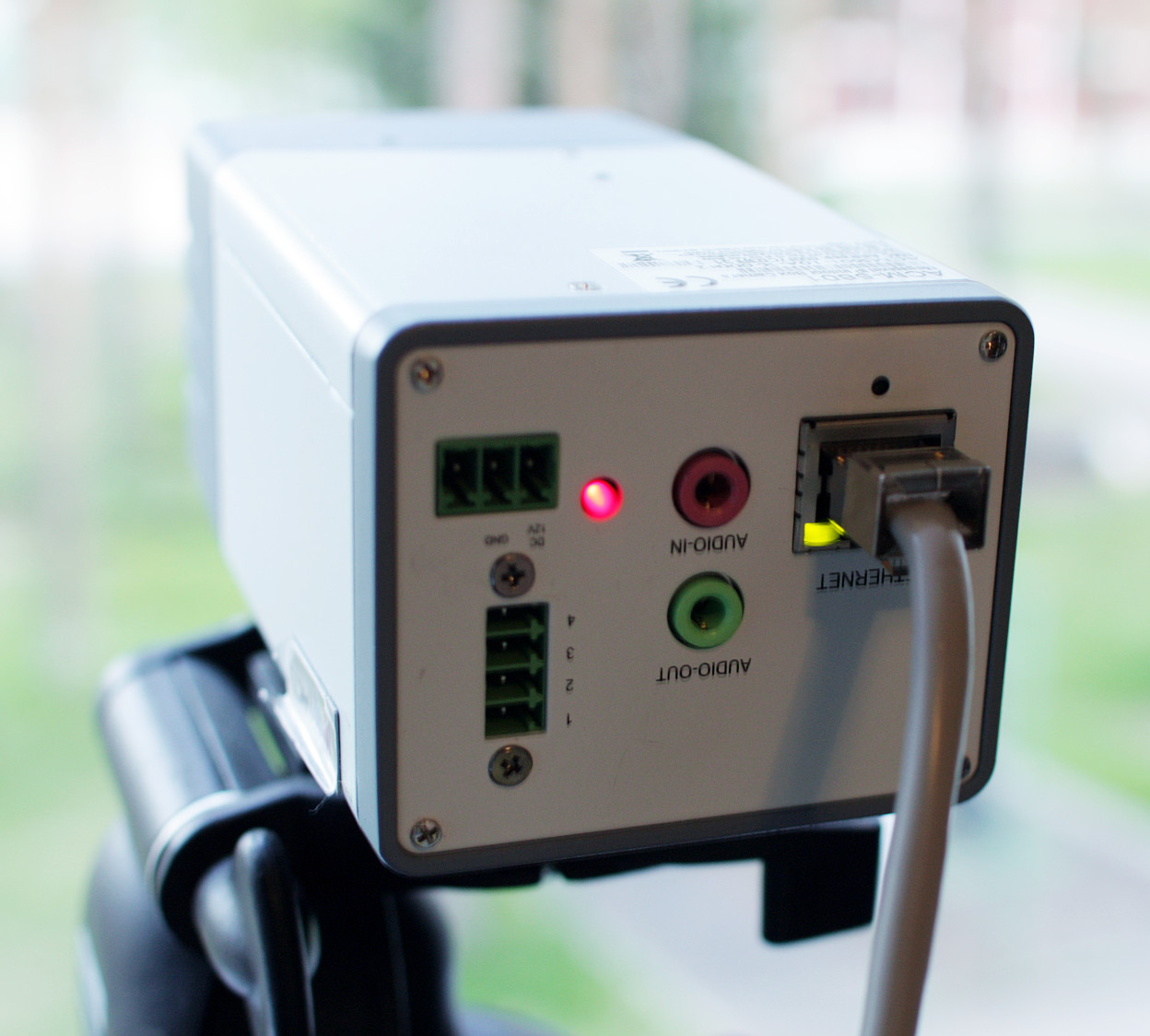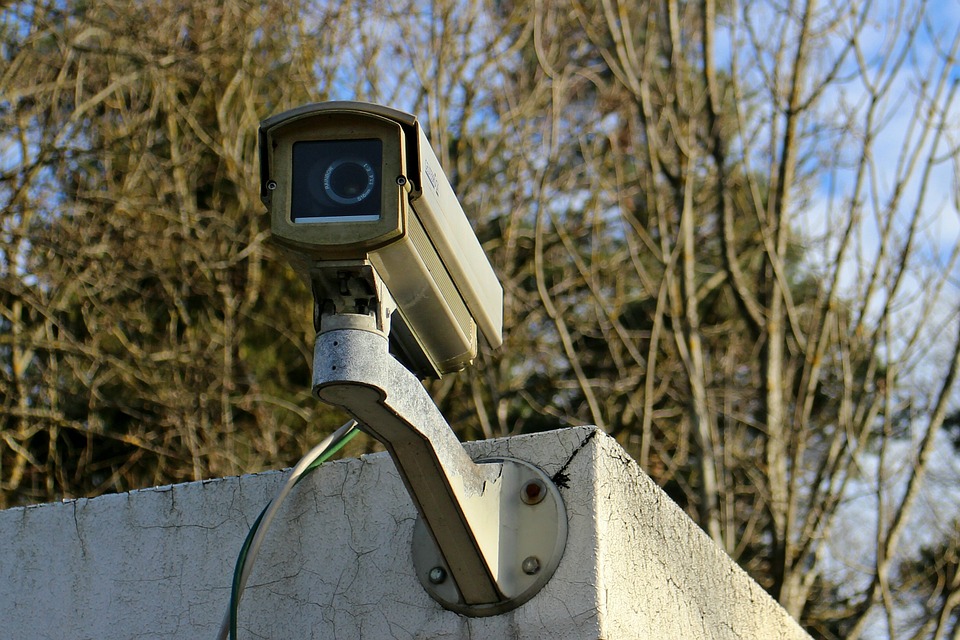Today, most CCTV designs are based on analogue cameras, especially in buildings and other large establishments. But, with the way IP cameras are designed to work, it’s very clear that the future of CCTV systems are based on IP systems. There are still rare instances where an analogue camera might prove advantageous, but for the most part IP cameras are far more superior as a surveillance solution.
You’ll often hear the words analogue and IP when choosing a CCTV camera. So, what do these words mean? And is one camera better than the other? Here we’ll be taking a look at analogue and IP cameras to help you decide which one is best for you.
The differences between analogue and IP cameras
Without going into too much detail, these two camera systems can be summarised as below:
- Analogue cameras work by using coaxial cables for the cabling. This means that the video signals are transferred in analogue form and are recorded by a DVR (digital video recorder). These cameras are directly connected to the DVR when recording.
- An IP camera is a digital video camera that uses a data network (LAN) for the cabling. The video signals are encoded into IP packets and are recorded by an NVR (network video recorder) that connects to the data network.
Both cameras work the same way by using a CCD sensor to capture video. The only difference is how the video signals are transmitted, one being analogue and the other one being digital.
The benefits of using IP cameras over analogue cameras
IP cameras offer several different advantages compared to analogue cameras. While the latter can still be used in some applications, the vast majority of CCTV solutions use IP cameras because it’s virtually better in every single aspect. Here are the benefits of using IP cameras over analogue cameras:
- Better image quality: Back in the day, CCTV cameras have very poor resolution and the recorded videos often resulted in washed out colours and detail. Today, high resolution IP cameras blow any analogue camera out of the water. The higher megapixel count on IP systems means that videos are recorded in better quality and you can zoom in without losing too much clarity.
- Seamless cabling infrastructure: Unlike analogue cameras where each unit is directly connected to a DVR, IP cameras allow for better cable management because the cameras use the same LAN network infrastructure. This allows you to seamlessly use different network mediums such as fiber links without major re-cabling.
- No distortion issues or interference: Analogue systems are prone to distortion and interference issues because of electrical noises and poor quality connections, especially if the cameras are connected over a hundred feet away from the DVR. This can cause the image quality to deteriorate and result in poor quality video. Unwanted earth loop can also occur which requires extensive effort to address the system humming and buzzing. IP cameras don’t have any of these issues since it operates digitally.
- Simplified power arrangements: Analogue cameras require an individual power source for each camera. IP cameras on the other hand, can be powered by simply connecting them to a POE (power over ethernet) capable switch, thus eliminating the need for a separate power source and simplifying power arrangements.
- Ease of management and troubleshooting: Another advantage IP cameras have over their analogue counterparts is the ease of management and troubleshooting. You can check the connectivity of each camera over the network with just a computer with proper authentication whereas in analogue cameras, you are required to physically service the camera and use monitoring tools when troubleshooting.
- Added features: IP cameras benefit from the use of advanced technology and are able to offer plenty of features such as direct viewing, remote monitoring and control, SMS and email alert notifications, and many more. These features can prove quite useful for providing additional security that analogue cameras can’t replicate.

Analogue camera applications
Despite being an inferior option, there are instances where analogue cameras can still be implemented. They’re much cheaper than IP cameras and easier to set up. If you have a limited budget and you’re looking for a simple CCTV system, analogue cameras are the way to go. Here are a couple of examples of analogue camera applications:
- Surveillance solution for small shops: Analogue cameras can serve as cost-effective surveillance solutions that work best for small shops and businesses. You can setup a basic analogue CCTV system by connecting four cameras connected with short cables to a DVR. While it doesn’t offer the same level of security as IP cameras do, it’s still better than not implementing any CCTV system at all.
- No existing network infrastructure available. In rare instances where there is no available network infrastructure, analogue cameras can still be considered. If this is the case, you can use a few analogue cameras distributed in different directions that are several hundred feet away from the control room.
Conclusion
IP cameras are at the forefront of CCTV solutions in this day and age. It’s better in every single aspect compared to analogue cameras and it provides a higher level of security. Still, analogue cameras can still be implemented under certain circumstances. Use the information available here and weigh your options so you can choose which camera works best for your surveillance needs.

